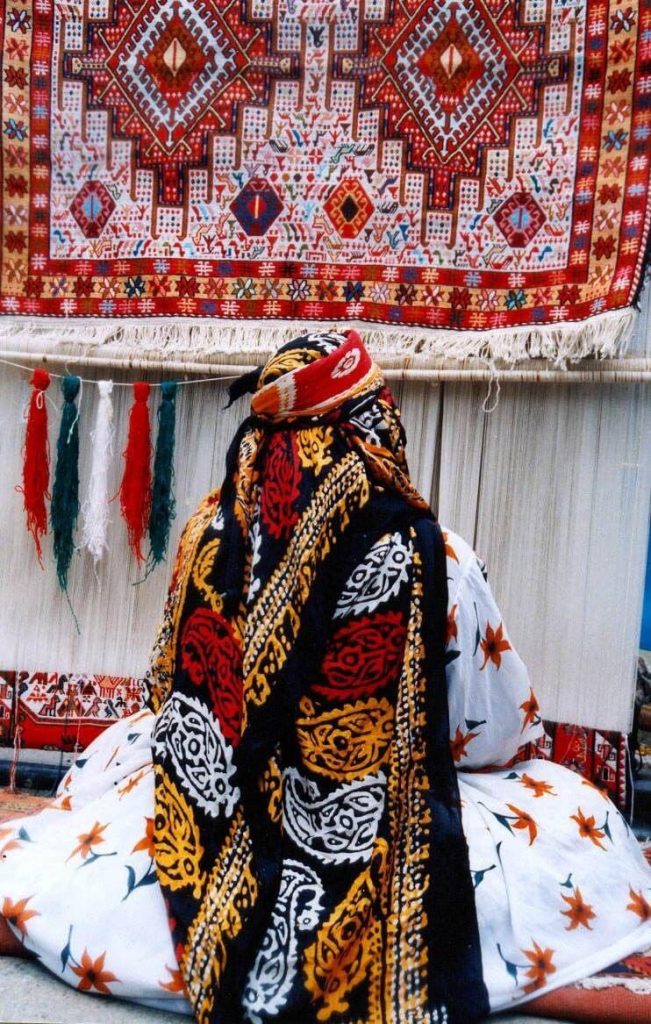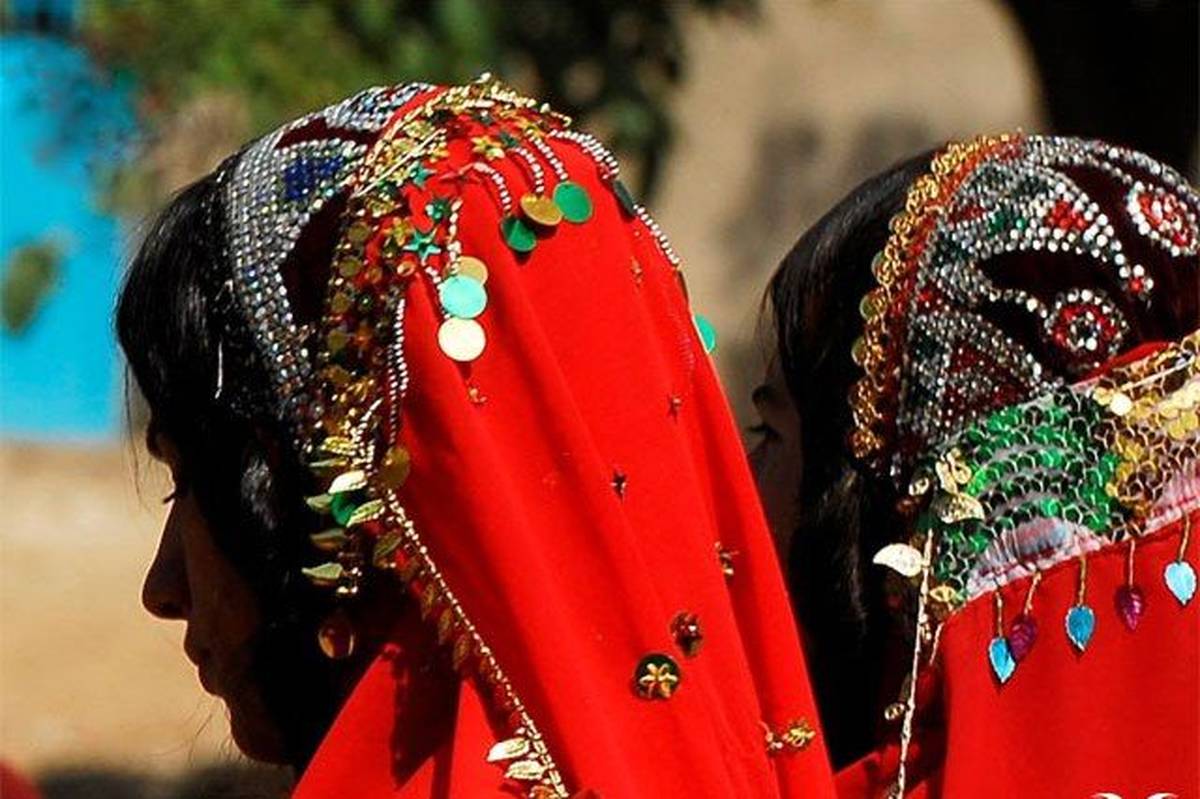In the heart of Kerman Province, the “Carpet, Castle & Qanat” Festival brings Esfandaqeh’s centuries-old traditions to life. Among its most striking participants are the women of the Lur Mohammadhasani tribe, whose presence highlights the enduring legacy of modesty and cultural identity in the region.
A Festival Bridging Past and Present
Held at the historic Dowlatabad School, the festival celebrates Esfandaqeh’s historical, cultural, and touristic treasures. Local officials, along with representatives from Jiroft and Anbarabad, joined in witnessing the vibrant display of heritage. For visitors, the festival offers a rare glimpse into a community where ancient customs continue to shape daily life.
Threads of Tradition: Dress, Song, and Carpets
The Lur women appear in fully traditional garments, embodying centuries of cultural continuity. Through folk songs, local rituals, and intricately hand-woven carpets, they offer a living showcase of their tribe’s heritage. Their participation demonstrates how women play a central role in preserving Esfandaqeh’s identity and keeping ancient veiling traditions alive.
Joy and Celebration: Weddings and Dance
The festival also featured a traditional wedding ceremony, accompanied by the rich sounds of the dohol (double-headed drum) and Sorna (a local wind instrument). Locals joined in lively group dances, while women performed rhythmic “kel-zanī” calls, creating a vivid tableau of community, joy, and heritage. These moments reveal that, even today, social rituals in Esfandaqeh remain vibrant and meaningful.
Preserving Heritage for Future Generations
By participating in events like this festival, the Lur women of Esfandaqeh ensure that ancient customs are not forgotten. Their devotion to modesty, tradition, and cultural expression reflects a deep respect for history and a commitment to passing it on to future generations. In their presence, Esfandaqeh’s rich heritage lives on, visible, celebrated, and thriving.
From: fars





